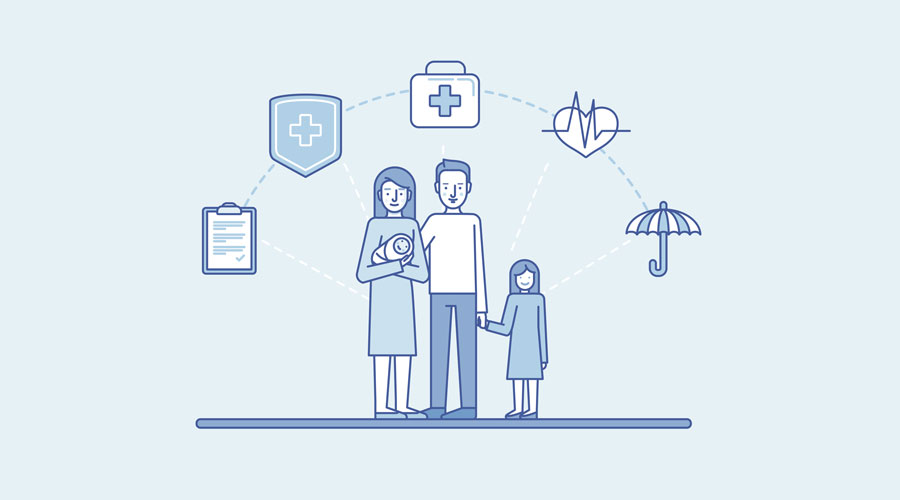Sharing life with another person often results in sharing health. It might even mean that two hearts literally become one—at least healthwise—according to a new study from the Journal of the American Heart Association.
The study found that in nearly half of the couples, both had hypertension. The findings were similar independent of residence, education or income. The study examined hypertension in four countries, including China, England, India, and the United States. It included 6,514 Chinese, 1,086 English, 22,389 Indian and 3,989 American individuals, all of whom were heterosexual.
The study’s conclusion leads to an opportunity for you: If you’re treating one spouse for hypertension or another condition, could you treat the other?
Make a difference in two lives
It makes sense that married couples might share a diagnosis. After all, they likely share meals, environments, exercise habits, and social activities. And making lifestyle changes may be difficult, especially if one spouse isn’t interested in making similar changes.
The study’s results highlight the importance of having health-related conversations with partners by using shared approaches to better manage hypertension. Discuss how important it is to control hypertension to avoid complications, such as stroke, diabetes, or heart attack. These could negatively impact the health of the spouse, as well as putting the partner in the position of caregiver.
Couples may share more than their hearts with each other. Take, for example, smoking. Studies indicate people who quit smoking relapse more often if they’re partnered with someone who continues to smoke.
Ask a patient who is looking for smoking cessation support whether their spouse smokes and might also be interested in trying to quit.
A couple of couple strategies
How can you address the health issues of both patients? Ideas might include:
- Suggest dual screenings and schedule periodic appointments together.
- Identify programs and classes in which both partners can enroll.
- Counsel both patients on making lifestyle changes such as increasing exercise, eating healthier, and quitting smoking.
- Design meal plans or refer to meal planning resources that are healthy and low in sodium.
- Make sure the couples have and use blood pressure monitoring equipment or other helpful tools.
Make sure your patients know that by treating them as a couple, they’re much more likely to avoid double trouble down the road.
A Member-Owned Company Serving Independent Pharmacies
PBA Health is dedicated to helping independent pharmacies reach their full potential on the buy-side of their business. Founded and run by pharmacists, PBA Health serves independent pharmacies with group purchasing services, wholesaler contract negotiations, proprietary purchasing tools, and more.
An HDA member, PBA Health operates its own NABP-accredited warehouse with more than 6,000 SKUs, including brands, generics, narcotics CII-CV, cold-storage products, and over-the-counter (OTC) products — offering the lowest prices in the secondary market.











